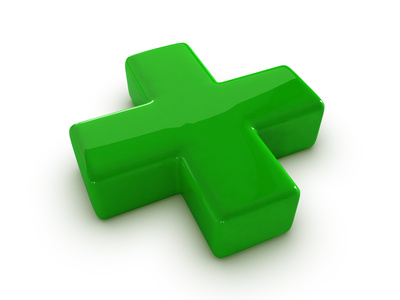
I am often asked about which remedies, creams and potions people should keep handy for emergencies in the home. It can be quite confusing and you risk ending up with lots of different products forgetting which one should be used when! The trick is to keep it straightforward so this month I will talk about a few simple yet very versatile herbs.
Tincture and/or cream of Calendula officinalis flowers (marigold). Marigold flowers are extremely versatile – they help promote the healing of tissues they come into contact with, both externally and internally making them a handy remedy for cuts, grazes, and mouth ulcers. Marigold is also antiseptic, anti-inflammatory and anti-fungal and may be considered for a variety of ailments – ringworm or other fungal related conditions, bites and stings, spots, abscesses, sore nipples for nursing mums, whitlows, burns (including sunburn), dry and sore skin following gardening or heavy household chores. The tincture can be diluted with cooled boiled water and applied with cotton wool.
A cream made from Symphytum officinalis leaves (comfrey) is also a good addition to the emergency cupboard. It may be useful to have a stock of the dried leaves kept in a cool dark place too! The cream is handy to use in a hurry – comfrey is anti-inflammatory, it infuses right through to the deep tissues and bones, it was used for fractures long before plaster casts were heard of!! Any inflammation and pain of the joints and bones may be helped by application of comfrey. It is also a powerful healer of cuts and grazes but one has to take more care than when using marigold – it can heal so quickly you need to make sure there is no infection in the wound to be addressed first. When you have more time available, a compress can be applied to aching joints – brew up some tea and soak a bandage in it to provide a longer acting soothing and anti-inflammatory action.
Tincture of Valeriana officinalis root (valerian) is always handy to have at home. Valerian is anxiolytic (a substance that alleviates anxiety). I may well suggest this to people (after a short chat) to try for most short term nervous states – exam nerves, before their driving test, and any excessive nervous states causing irritability. It has sedative, carminative, relaxant, anti-spasmodic and mild analgesic effects too. It has been used for centuries for its calming effects and may also help headaches and pain involving spasm – both musculoskeletal and digestive in origin. Valerian is a true tranquilliser, what this means is that it will not send you to sleep if you don’t need to, however, at night in bed when your thoughts are racing and keeping you awake it may help calm the mind enough to allow the body to sleep. I would definitely recommend talking to a qualified Medical Herbalist though, before you try valerian – it is a very gentle remedy but doesn’t suit everyones needs.
Lynda Jones BSc (Hons) Medical Herbalist
[…] spinning, or floating. Balance is the result of several body systems working … Read Article Herbal remedies Are Known As 'natural' And 'organic20 Simple Herbal Remedies Dandruff Create an …yle="float:left; width: 70%;"> Herbal remedies Are Known As 'natural' And 'organic20 Simple […]